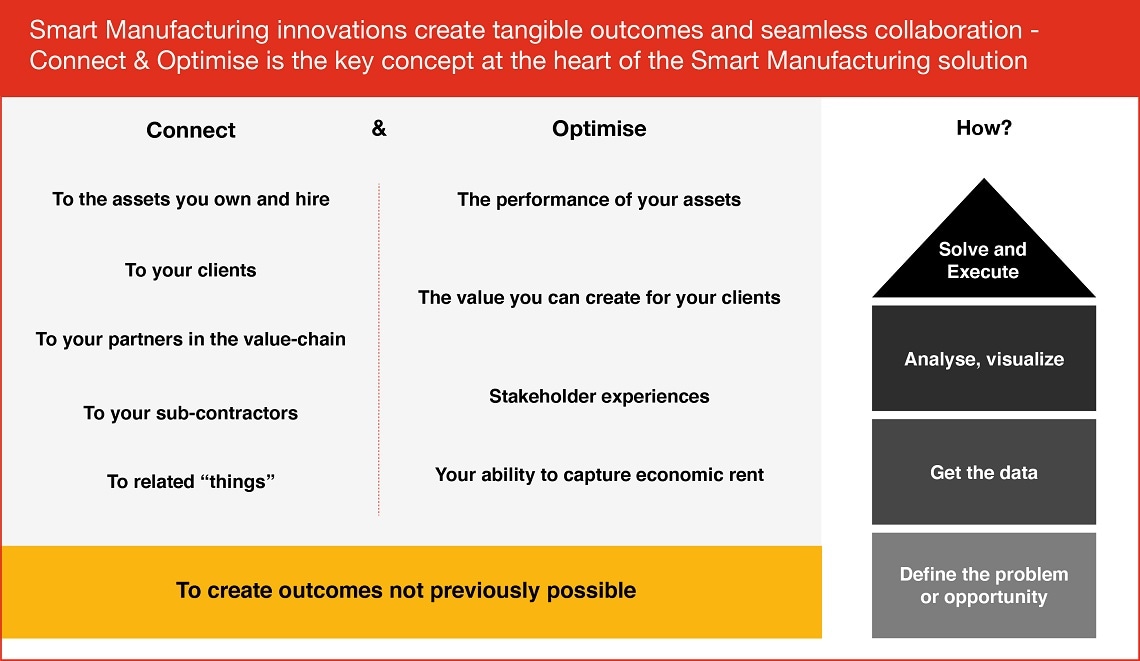{{item.title}}

Digital operations encompasses end-to-end digitisation and data integration of the value chain. Digital and emerging technologies enable manufacturing companies to solve traditional operational problems in completely new ways- from manufacturing to product development.
As one of leading Digital operations consultancies in India, PwC’s Digital Operations team helps clients pragmatically embrace digital innovation to create business value using the right combination of Industry 4.0 technologies. We support clients in their smart manufacturing operations, digitising factories and shop floors as well as automating all associated core operations.
PwC India conducted a survey in early in 2023 to understand the current digital landscape in the Indian manufacturing industry and assess the prospect of laying down the future roadmap. CXOs of organisations in the domestic market, including multi-national companies (MNCs), were interviewed to gain insights into the digital transformation trends of the manufacturing sector broadly comprising six segments – retail and consumer goods, high tech and electronics, chemicals and process industries, pharma and MedTech, automotive and transportation, and industrial manufacturing – with a sharp focus on industrial manufacturing.
We use our proven methodology backed by our wide industry experience and proprietary tools to assess your business’s digital maturity and deliver a robust digital roadmap.
This provides your business clear visibility of the current and to-be digital maturity levels, business benefits, and a feasible roadmap to achieve the target state.
We have a deep industry and technology expertise, vast eco-system, and technology agnostic approach for design and implementation for these key Smart Factory use cases
Digital maturity assessment
Initiative prioritization
Digital roadmap
System Architecture
Blueprint design
Functional & technical design
Prototype
Detailed design
Build, Test & Deploy
Sustenance model
Strategy to Execution
SME services
Program & Project management
Change management
Operational Efficiency (OEE) Improvement
Quality Improvement
Reduction in Operations Cost
Higher Process Automation
Maintenance & Indirect Ops Cost Reduction
Operations Visibility & Control




